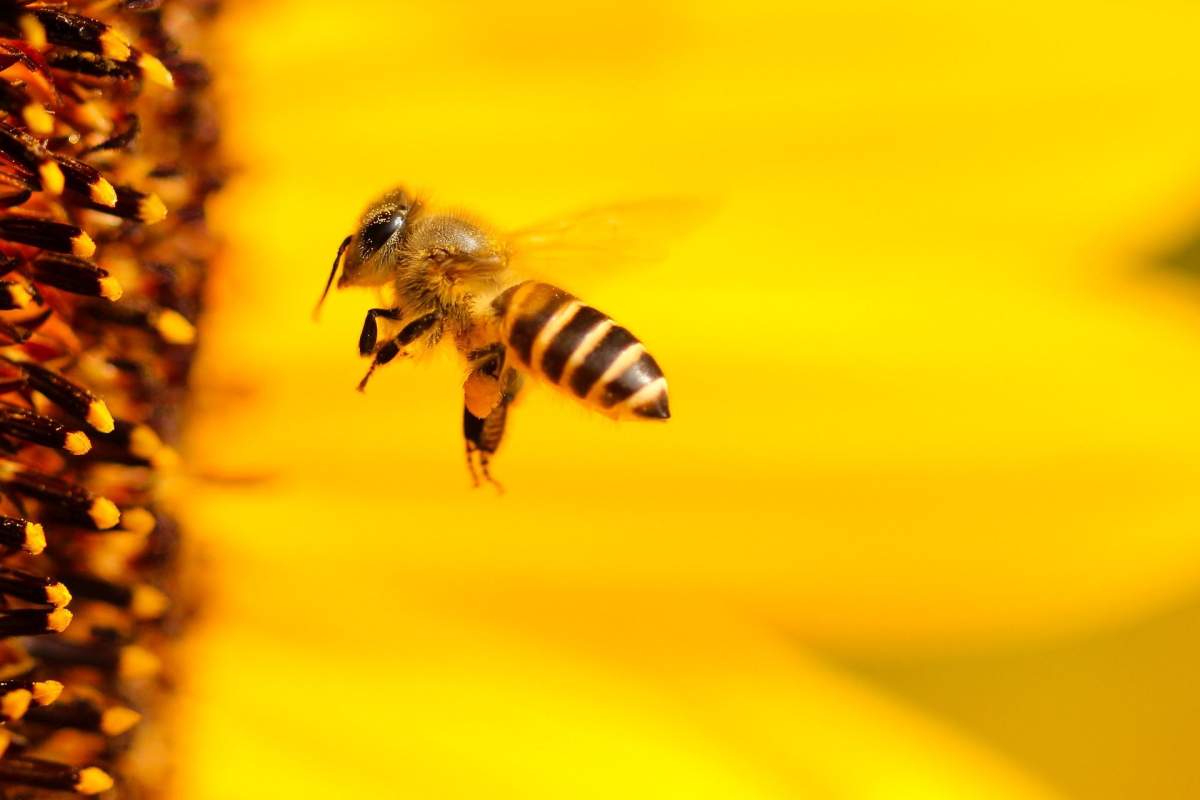In honour of World Bee Day on Wednesday, a local community-led organization is buzzing about the idea of sprucing up the city’s bee-friendly gardens.

Alex Leonard with the London, Ont., Pollinator Pathways Project, a volunteer group that works to educate people about pollinator pathways within the city, spoke with 980 CFPL’s Jess Brady on The Afternoon Show Thursday about the group’s new projects.
“(Pollinator pathways) are two patches of local, native flower … vegetable species that pollinate species — bees, butterflies, bats and hummingbirds — (appreciate),” explained Leonard.
The group was formed three years ago to educate Londoners on resources and tools so they can create “pollinator pitstops” for pollinating species.
“Even if you live in an apartment building … that’s totally fine. People are always surprised when we tell them bees can fly up to 70 metres high, so if you live on the top floor of a 15-floor apartment building, you’re probably going to be surprised when you see some bees come up.”
Leonard said the Pollinator Pathways Project is currently collaborating with the London Environmental Network on a unique project.

Get daily National news
“(The two groups are) working with Dundas Place to create one of the largest pollinator pathways in southwestern Ontario that goes all along Dundas (Street) — from Thames all the way to Western Fair and beyond.”
The group is hoping for residents living in or near downtown to create one-metre by one-metre gardens in their backyards, balconies or even community gardens.
“That will add to that pollinator pathways, so all of them connects, and it’ll be super easy for the species to get around and they’ll have so many food resources,” said Leonard.

It’s unclear when the project will be complete.
In previous years, Pollinator Pathways Project has built pollinator gardens outside the Covent Garden Market as well as outside one of the city’s public libraries.
This summer, pollinator gardens will be built outside those two locations again.
“It’s incredible when you learn about what these bees are doing, and the power they have, and how important they are in our ecosystem as well as in our food chain,” said Leonard.
“I think that as cities like London become more (urbanized), we can lose touch with that side of nature.”












Comments